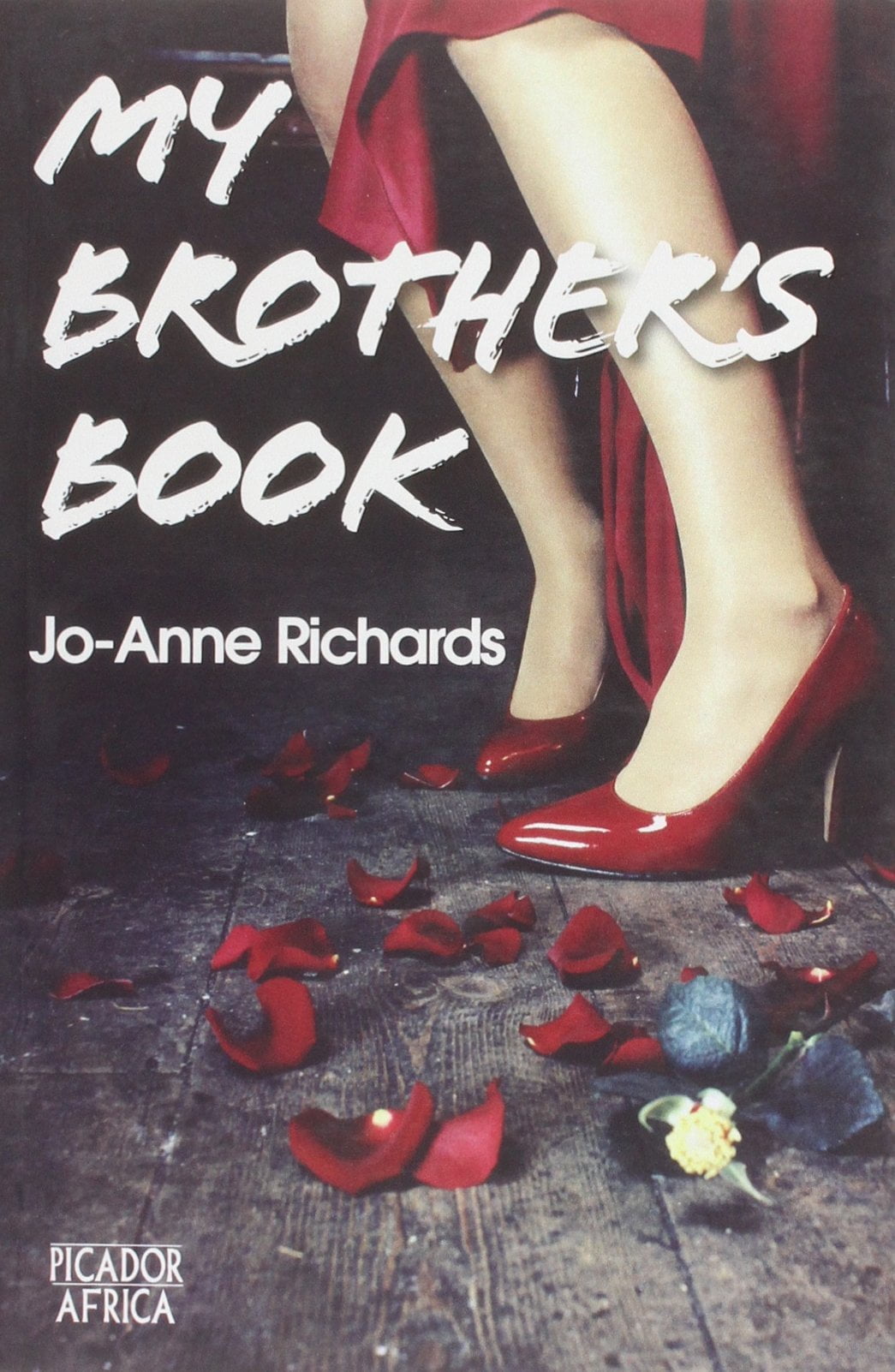My Brother’s Book by Jo-Anne Richards

This book seems, almost to the end, to be a family drama story that just happens to be set in South Africa. Then in the last 3 chapters the actual themes of the book waltz up from the shadows and sucker punch you in the gut.
Because the book is actually an exploration of race, specifically how race defines us as individuals; in how we see ourselves and how others see us.
Thomas who always felt out of place in the white communities (like he was not white enough) and was then always too white to fit into the coloured or black communities.
The punch comes when even as an adult, who had fought for the struggle, been imprisoned as a political activist, and worked tirelessly in the non-profit sector to better the new South Africa, was still found to be too white to participate in the building of the new nation. A further poignancy (as if the story needed it) was added by the revelations of his mother. In some ways it takes that common whinge of middle-class whites about, “being too white to live in SA” and turns it on its head.
The book also asks questions about what counts as doing the right thing, who gets to judge that – at an individual level and a party or societal one.
I loved Richard’s tricks with writing it. As in the other book I reviewed, she excels at feeding the reader the mysteries, drop-by-drop. The first half, from Lillies’ perspective, lays the historical groundwork. Then Miranda’s voice, which is given to us only by her letters to Lilly and Thomas. We never see their responses or even what was in the damn book. We see Miranda’s personality, of course, but these sections do a lot of filling work to connect past and present and to show the rebuilding of those broken relationships. I did not find Thomas a likeable character, but he is a sympathetic one and it was good to have so many other characters pointing out his flaws.
It is a fabulous book that in the end asks a simple question, what is more important personal happiness and family, against the greater good and the parties’ needs. It doesn’t answer the question, merely poses it for your deliberation

